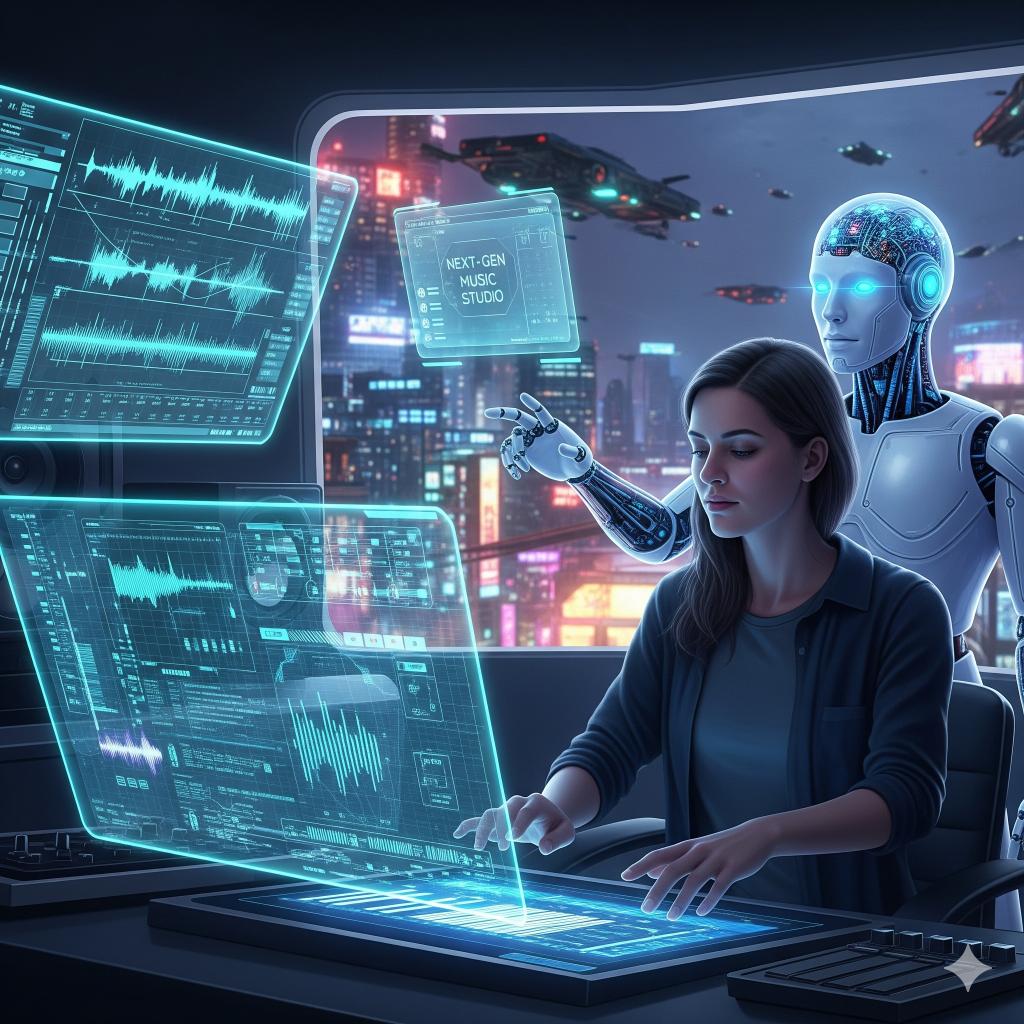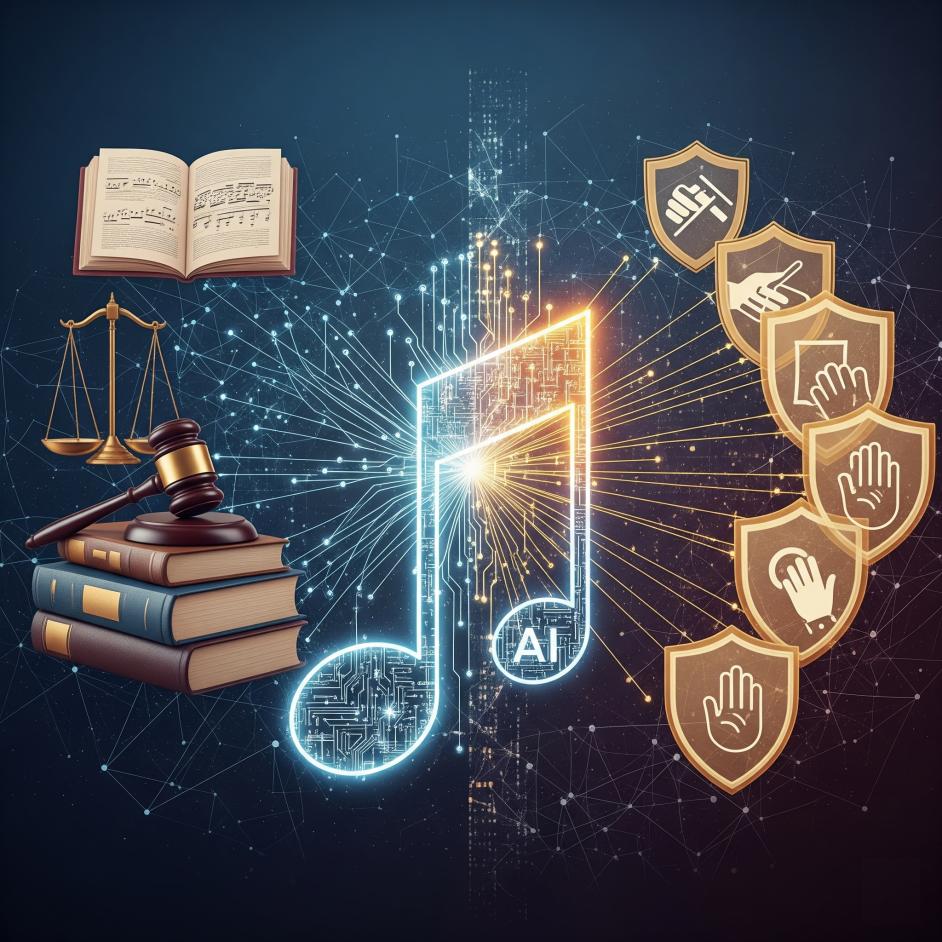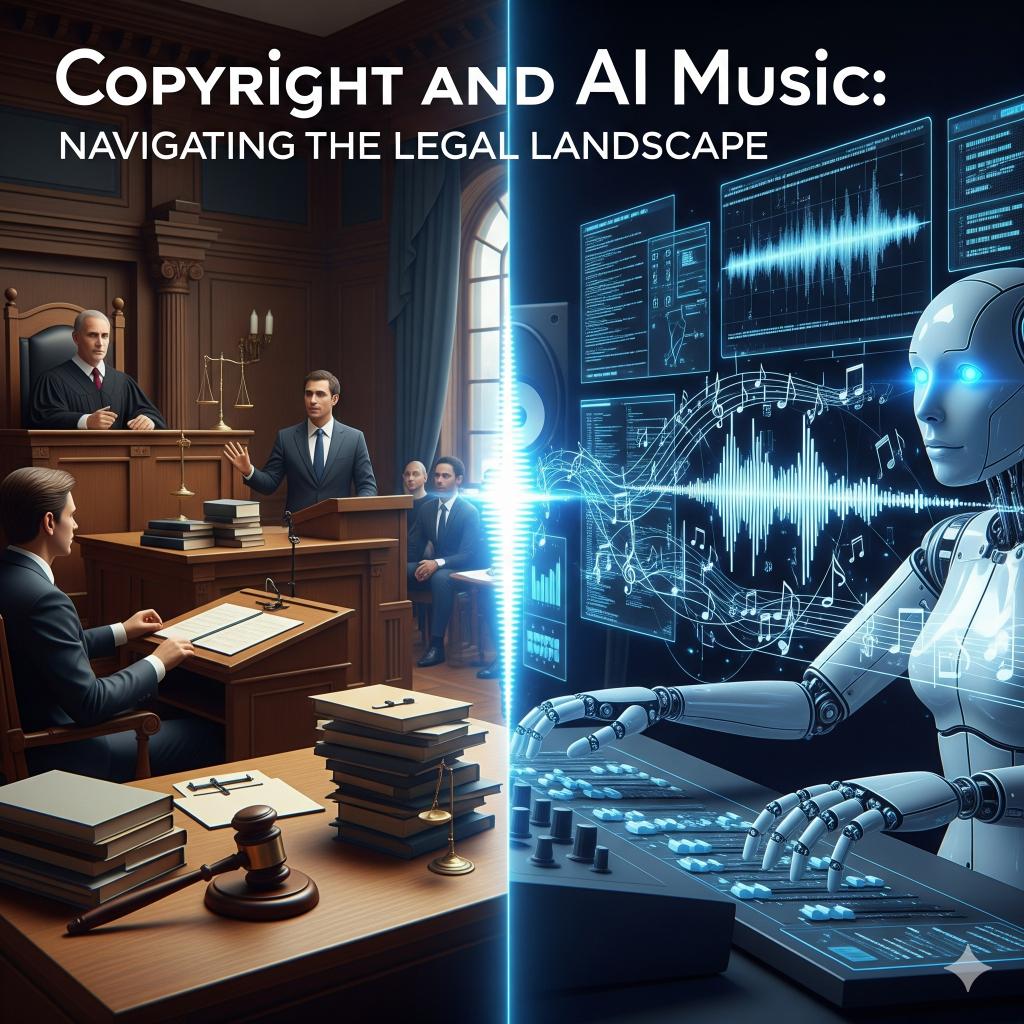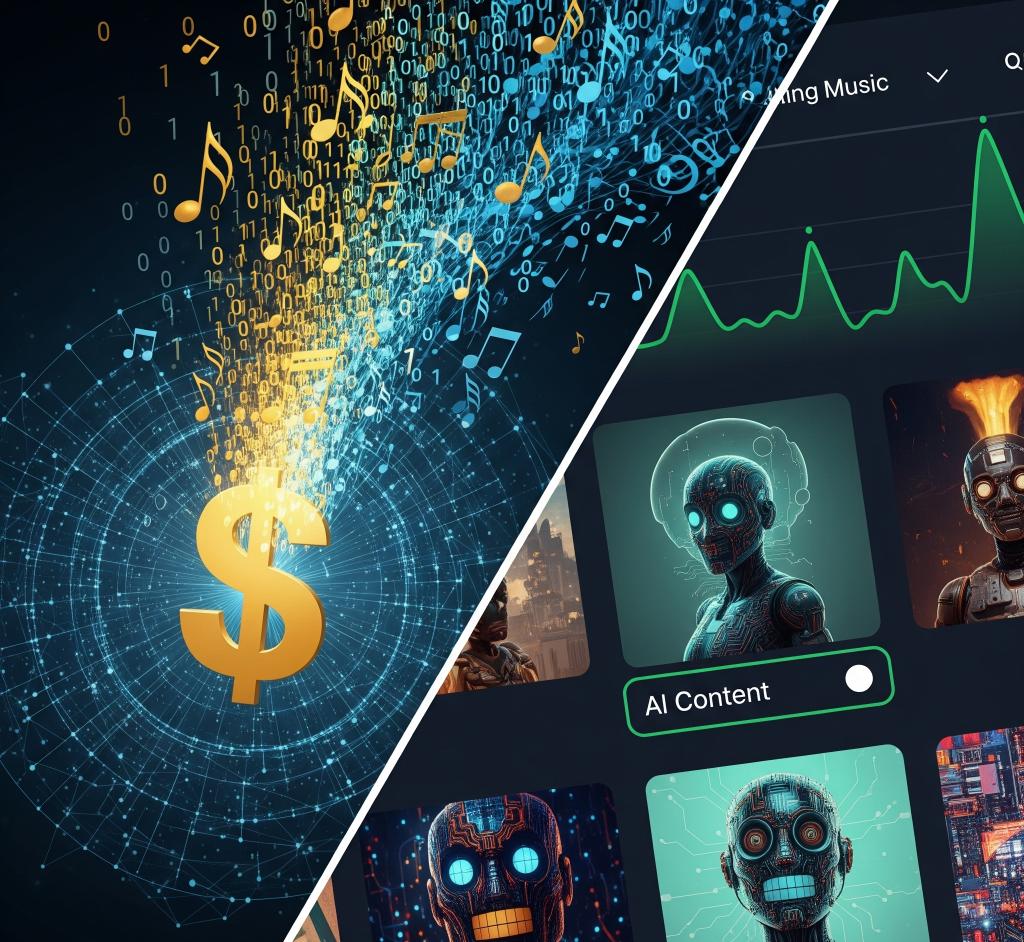
The Legal Revolution: AI Music and Copyright Law
The rapid advancement of AI music generation has created unprecedented legal challenges that existing copyright frameworks struggle to address. As machines create increasingly sophisticated musical works, fundamental questions about ownership, authorship, and artistic protection demand urgent answers from courts, legislators, and the music industry.
Current Legal Landscape
United States Copyright Office Position:
- Works must have human authorship for copyright protection
- AI-generated works without human creative input are not copyrightable
- Collaborative human-AI works may qualify for protection
- Case-by-case evaluation of AI-assisted creation
European Union Approach:
- Copyright Directive emphasizes human creativity requirement
- Member states developing varying interpretations
- Focus on protecting human creators from AI displacement
- Proposed AI liability frameworks
United Kingdom Framework:
- Copyright, Designs and Patents Act allows for computer-generated works
- Protection extends to works created by computers
- Duration limited to 50 years from creation
- Author defined as person making arrangements for creation
Key Legal Questions
Ownership Disputes:
- Who owns AI-generated music: the programmer, user, or AI company?
- How are collaborative human-AI works attributed?
- What constitutes sufficient human creative input?
- Can AI systems be considered joint authors?
Training Data Rights:
- Is using copyrighted music for AI training fair use?
- Do artists deserve compensation for training data usage?
- How can consent frameworks be established?
- What constitutes derivative work in AI generation?
Artist Protection Strategies
Proactive Measures:
- Opt-out Registries: Databases preventing unauthorized AI training
- Watermarking Technology: Embedding identifiable markers in original works
- Blockchain Verification: Immutable records of human authorship
- Licensing Frameworks: Structured compensation for AI training usage
Legal Safeguards:
- Contractual protections in recording and publishing agreements
- Moral rights assertions in jurisdictions that recognize them
- Trademark protection for distinctive musical styles
- Trade secret protection for unique production techniques
Industry Adaptation
Record Label Strategies:
- Developing AI-specific contract clauses
- Investing in AI detection technology
- Creating separate catalogs for AI-generated content
- Establishing artist compensation funds
Streaming Platform Policies:
- Mandatory labeling requirements for AI content
- Separate royalty pools for human vs. AI-generated music
- Content verification systems
- Artist protection mechanisms
International Variations
Japan:
- Flexible fair use provisions may permit AI training
- Focus on technological innovation over creator protection
- Developing specific AI copyright guidelines
Canada:
- Fair dealing exceptions for research and development
- Emphasis on balancing innovation with creator rights
- Proposed legislative updates for AI-generated works
China:
- Recognition of AI-generated works under certain conditions
- State-driven approach to AI regulation
- Focus on technological leadership over individual rights
Emerging Legal Solutions
Compulsory Licensing Systems:


